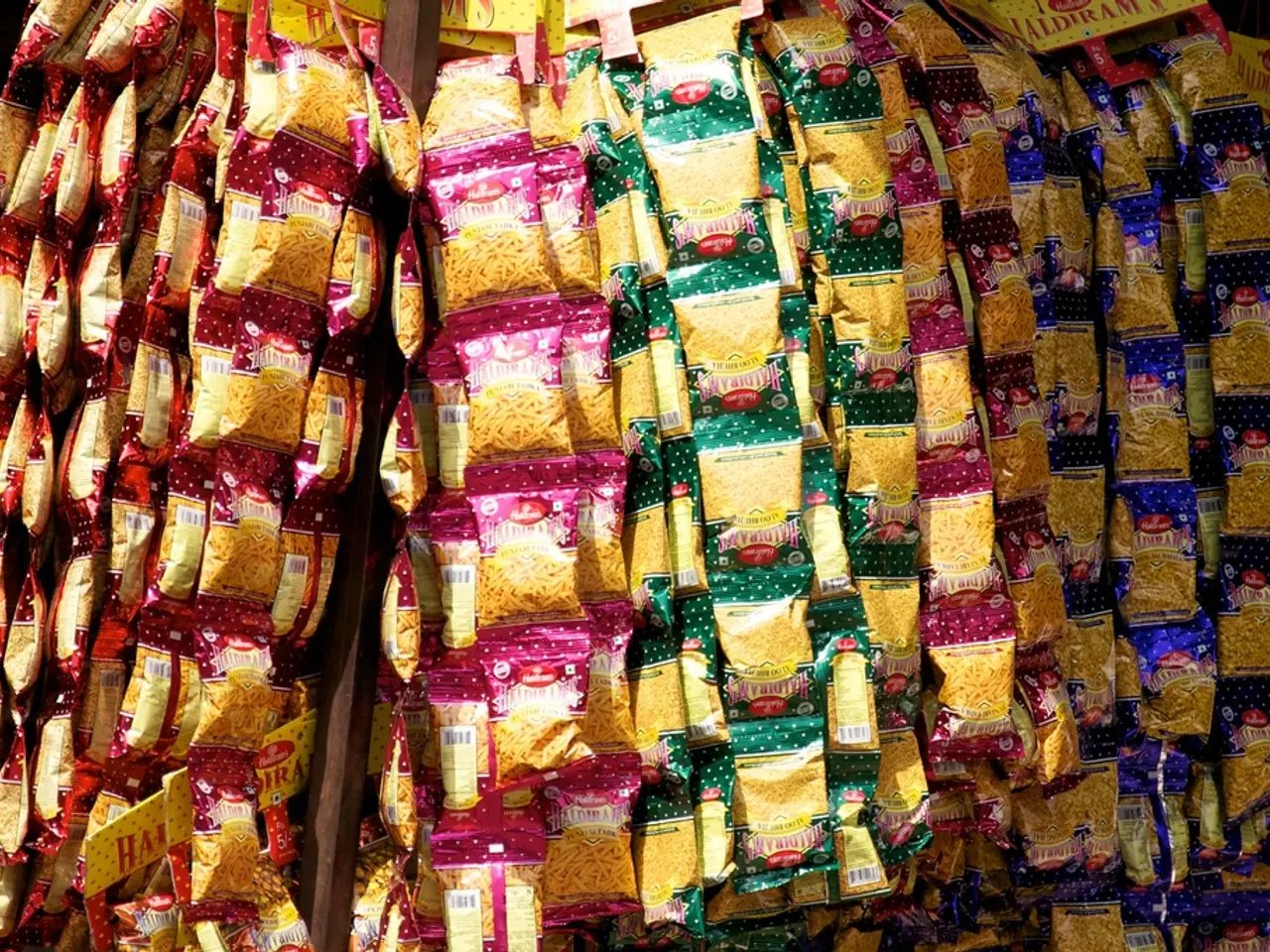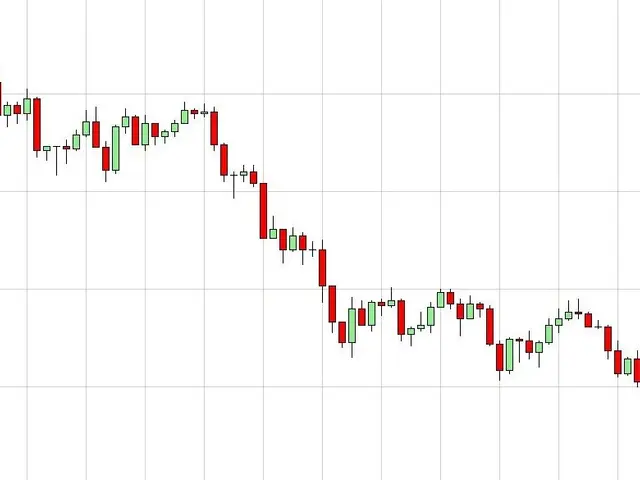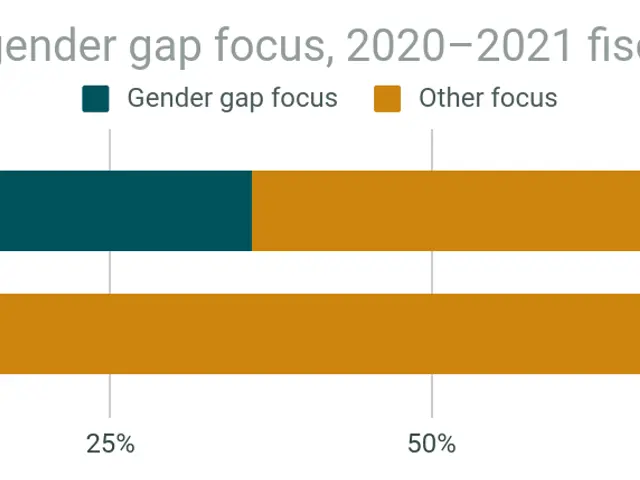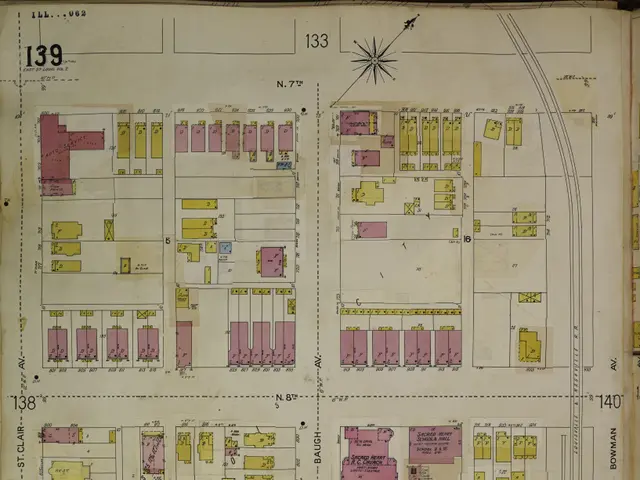India and Canada: Assessing the Efforts Towards Rebuilding Relations
India and Canada are taking steps towards normalizing their strained relations, appointing new envoys and focusing on trade talks under the Early Progress Trade Agreement (EPTA). The diplomatic standoff between the two nations has been a long-standing issue, marked by disrupted visa services, consulate closures, stalled trade and investment, travel caution advisories, and damaged trust.
The troubled period was primarily due to the 2023 crisis, which arose after the killing of Sikh separatist leader Hardeep Singh Nijjar in Canada. India had previously labeled him a terrorist, and Canadian Prime Minister Justin Trudeau's accusations that India was involved in Nijjar's murder on Canadian soil led to the expulsion of diplomats and a severe strain in bilateral relations.
However, both countries are now taking "calibrated and constructive steps to restore stability in the relationship." Dinesh Patnaik will be India's new envoy to Canada, while Christopher Cooter will be Canada's new high commissioner to India. Ajay Bisaria, a former high commissioner to Canada, stated that the new envoys will develop a roadmap for stabilization, normalization, and eventual elevation of the strained bilateral relationship between India and Canada.
Shanthie Mariet D'Souza, president of Mantraya, an independent research forum, suggested that a reset in relations could not have happened without Canada agreeing to address some of India's concerns, particularly regarding the Khalistan movement. The Khalistan movement calls for a Sikh homeland by carving out an ethno-religious state in India's Punjab region. Hardeep Singh Nijjar was a prominent organizer in the Sikh community in Canada and a proponent of the Khalistan movement.
The political turbulence that was becoming an issue for Canadian investment in India has subsided, according to Ajay Bisaria. Canadian institutional investment in India is projected to double from the current $100 billion (€85.9 billion) by 2030, as India emerges as a strategic diversification opportunity amidst the volatility in China and the US.
The new Canadian administration aims to improve its ties with India by moving past a difficult history that has negatively affected its reputation, as assured to New Delhi that Canadian law would take a firm stance against trends that threaten India's security. Cautious optimism permeates the air regarding the improvement of India-Canada diplomatic ties, as Canada appears to prioritize its national interests over diaspora politics in its foreign policy dealings.
The Trump administration's unilateral tariff policy is playing a significant role in prompting India and Canada to seek partnerships and markets globally. Additionally, a new multipolar world order is in the making, and both India and Canada have little choice but to adjust their policies accordingly, according to Shanthie Mariet D'Souza.
Indian Prime Minister Narendra Modi met with his Canadian counterpart Mark Carney in June during the G7 leaders' summit, signalling hope for pragmatic engagement and resumed trade talks. Both countries are focusing on areas like goods, services, clean energy, digital transformation, and supply chain resilience under the EPTA discussions.
As the two nations work towards normalizing their relations, it is hoped that the past issues will be resolved, and a stronger, more prosperous partnership will emerge. The re-opening of high-level diplomatic dialogue between India and Canada signals hope for a brighter future for both nations.
Read also:
- Peptide YY (PYY): Exploring its Role in Appetite Suppression, Intestinal Health, and Cognitive Links
- Easing Pedestrian Traffic Signal Pressure
- Astral Lore and Celestial Arrangements: Defining Terms & In-Depth Insights - Historical Accounts & Glossary of Cosmic Mythology
- ICE directed to enhance detention conditions following NYC immigrants' allegations of maltreatment








